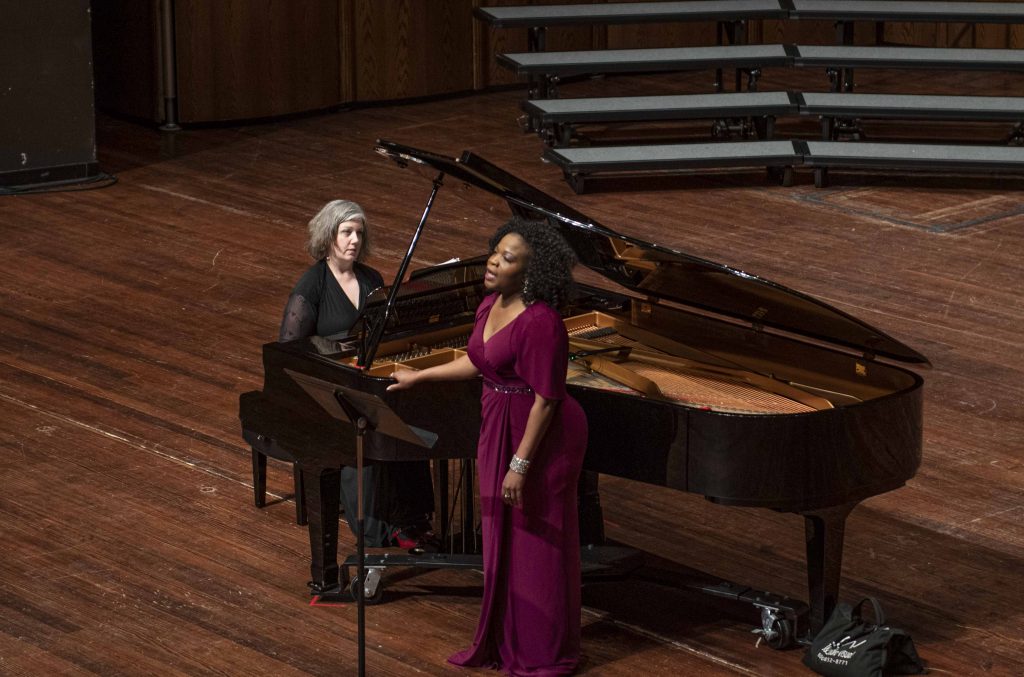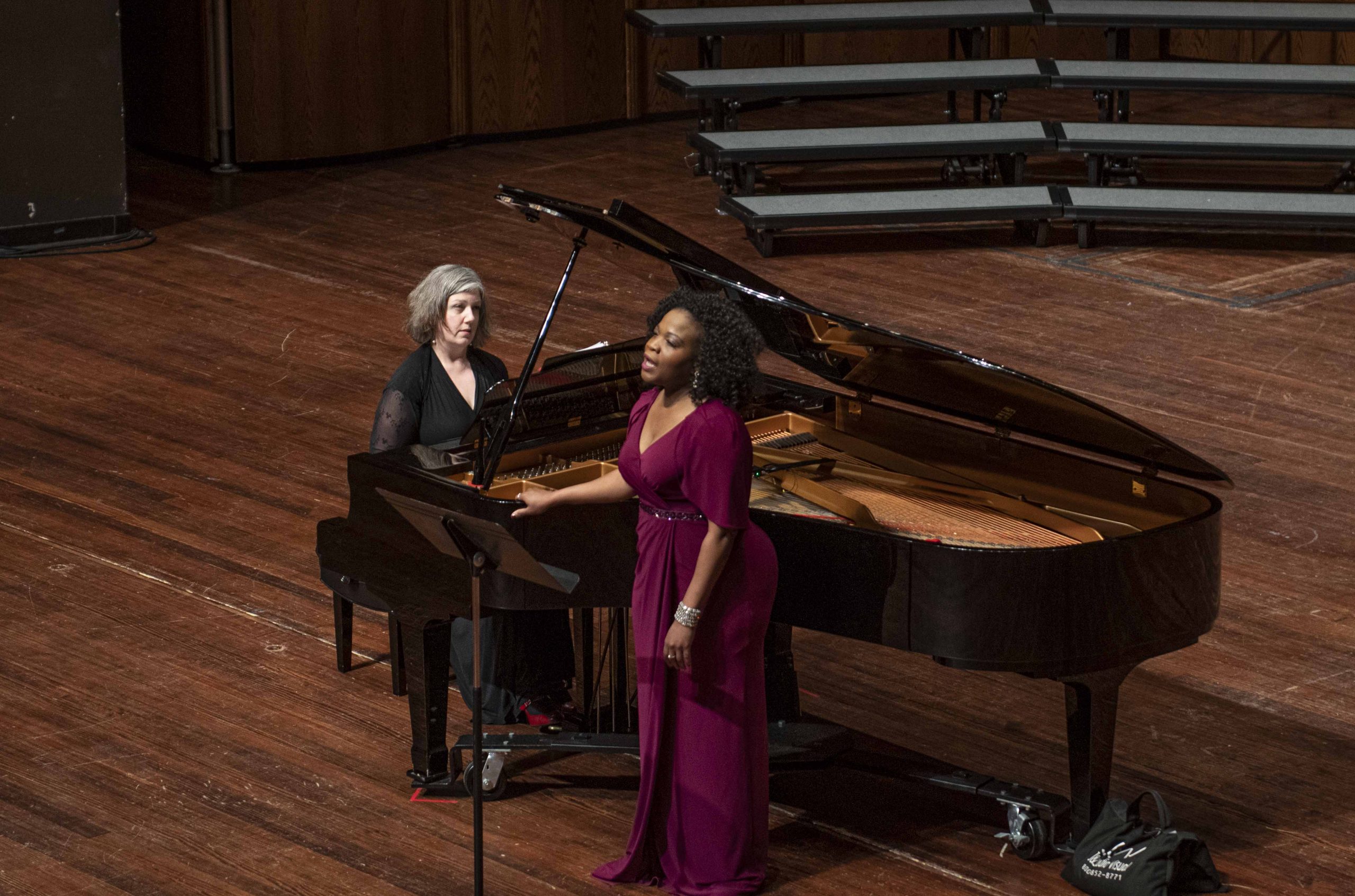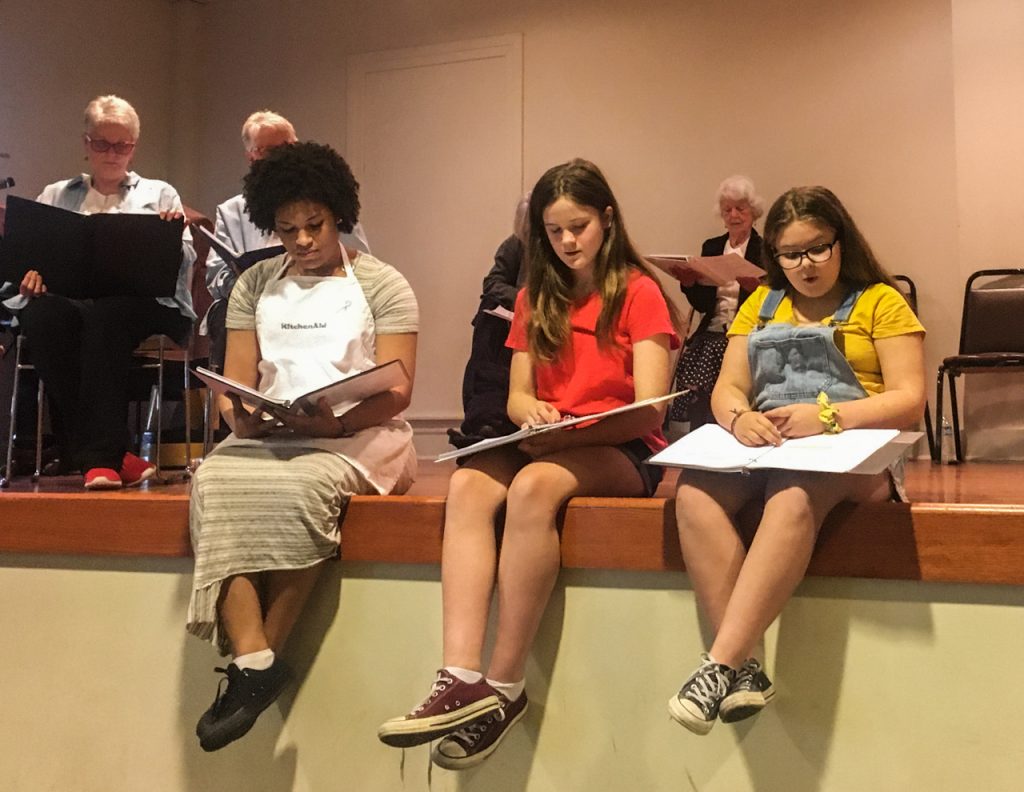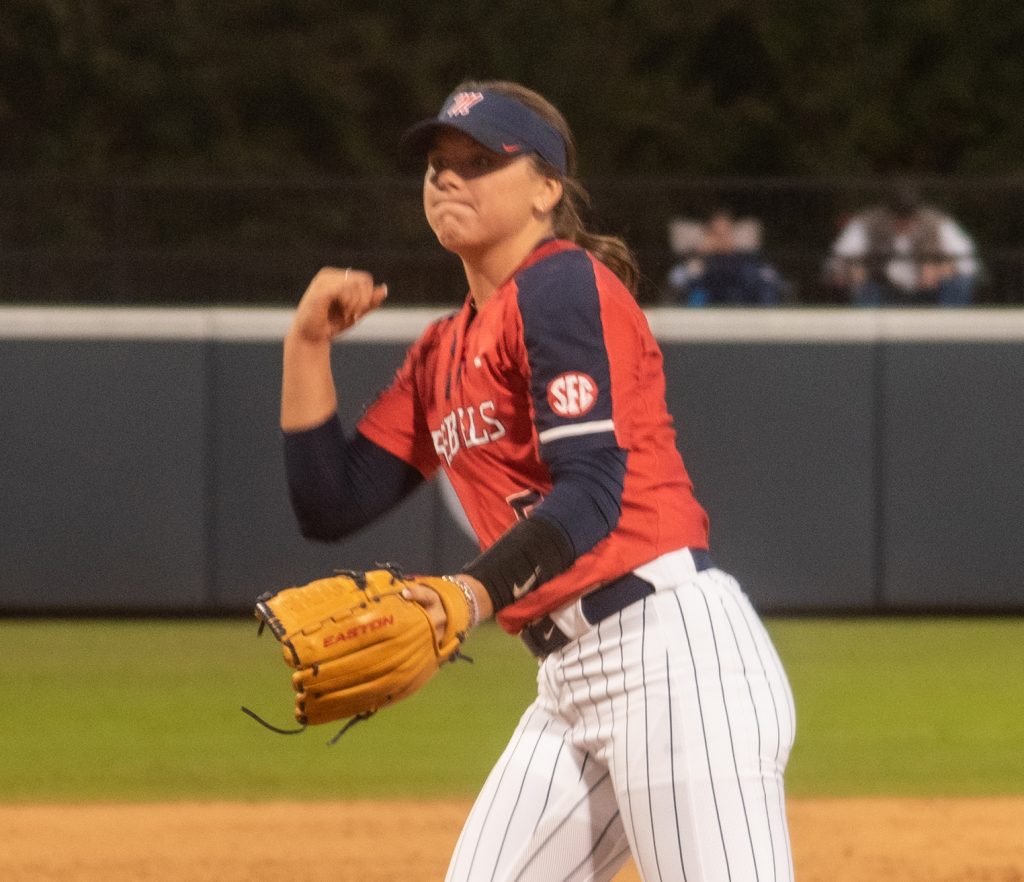
Thursday night marked the annual Black History Month Concert, “Diversity Thrives Best on Love,” celebrating African American history and music. The concert featured soloists, choirs, symphony and the Ole Miss African Drum and Dance Ensemble (OMADDE).
The concert originally was started in 2005 by music professor George Worlasi Kwasi Dor after he came to Ole Miss in 2001.
“There were other activities and I said, ‘No, music department, you also need to do something,’ so I initiated it,” Dor said.
Nancy Maria Balach, interim chair of the department of music, gave the opening remarks for the event and spoke about the title of the celebration.
“The title that (Dor) chose this year for this program hits that nail on the head with ‘Diversity Thrives Best on Love,’” Balach said. “I think that’s all we have to remember if we find the things we have in common with those around us, and…focus on love. It can mend old wounds. It can heal broken hearts.”
In her remarks, she spoke about the need for understanding as well as how music connects people.
“I think it’s significant to our campus and our country and our world because in a time where there’s a lot of divisiveness and misunderstanding, something that remains true is that music is a universal language,” Balach said.
The concert began with “Lift Every Voice and Sing,” which is often called the Black National Anthem. The song was performed by vocalist Naomi Short, pianist Jason Gordon and percussion performed by OMADDE.
Part of the concert was a popular song and dance performed by OMADDE originating from the Dagbamba of Northern Ghana. “Bamaaya” is a musical performance of gratitude for rain after a heavy drought.
The event featured alumna Carline Waugh as a soloist, who performed Jamaican folk music and a piece written by Dor. She also performed pieces by two female composers, Jacqueline Hairston and Margaret Bonds.
Dor expressed the importance of showcasing a plethora of diverse talent from different cultures as well as gender.
“The most important thing is bringing intensifying awareness of the contribution of African Americans,” Dor said. “We are talking about a program that foregrounds the work of two female African American composers.”
The concert also featured a performance from the University of Mississippi Gospel Choir, including the songs “Take My Hand, Precious Lord,” composed by Thomas Dorsey, “Change is Gonna Come,” arranged by Kevin Towers and “We Shall Overcome,” composed by Bishop Paul Morton.
Choir director Jasmene Mitchell said that the concert was significant to herself and those in the African American community because of how history has progressed to current times in America.
“(Ole Miss) is a predominantly white institution, and we are minorities,” Mitchell said. “Being able to bring our culture more and more onto campus things other people haven’t seen or haven’t heard (is significant).”
Mitchell explained that though the full-choir ensemble was not present at the concert, she was enthusiastic for the performance.
“We don’t have all of our choir tonight, but I’m still expecting greatness from this show, and it being one of our one of our best and most successful shows to put on, for not only the community of Oxford but our school as well,” Mitchell said.
Deonte Davis, the soloist for the gospel choir’s piece “Change is Gonna Come,” explained his personal connection with the piece.
“I always wanted to sing it because … growing up I didn’t always have the best things, but my mom did what she could, and I’m so grateful for that,” Davis said. “I always think about this song — a change is (going to) come, and it’s (going to) get better.”
The concert also included performances from the LOU Symphony Orchestra directed by Selim Giray, playing the pieces composed by Dor, and the University of Mississippi Concert Singers, conducted by music professor Donald Trott.
















